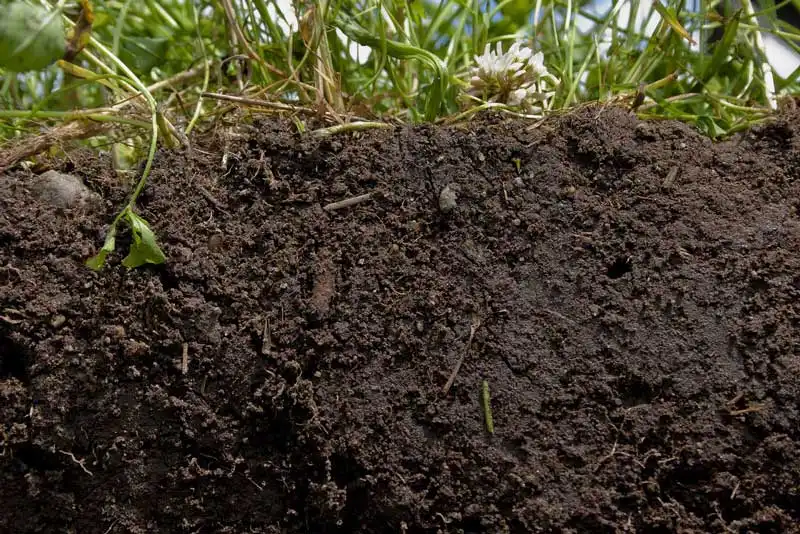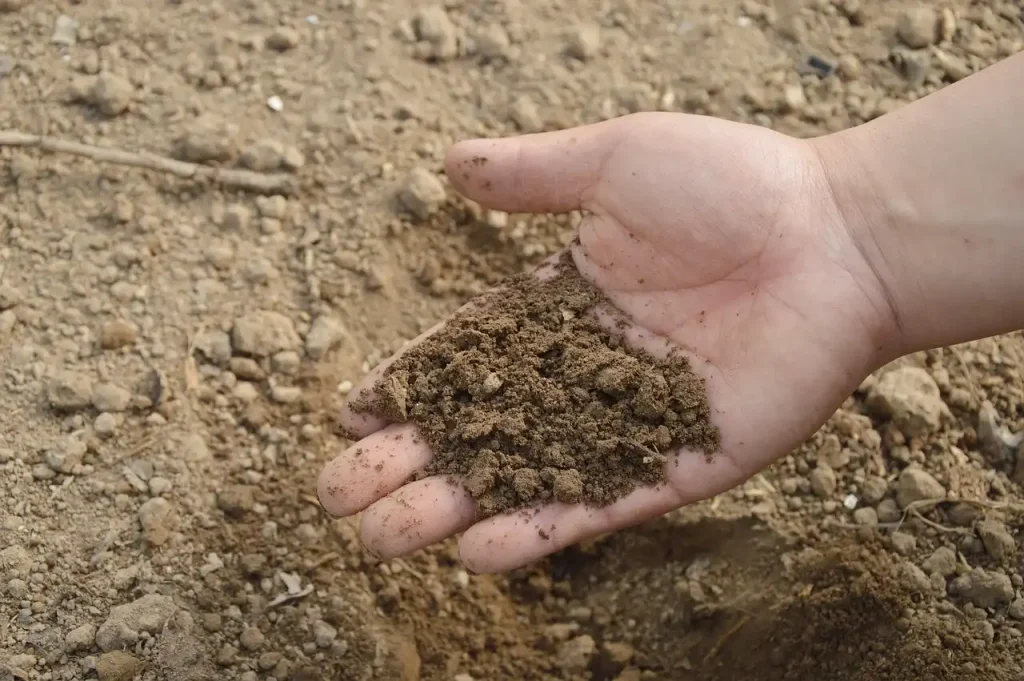Growing healthy vegetable plants starts long before you place seeds into the soil. While sunlight and water play their part, the real foundation of productive gardening lies in the soil itself. Many gardeners overlook how quickly vegetables drain nutrients, especially heavy feeders like tomatoes, peppers, cabbages, cucumbers, and squash. If the soil is not replenished regularly, plants become stunted, pale, and less productive.

This is where soil amendment tips come in. Soil amendments enrich the soil’s nutrient content, improve its structure, and boost its overall fertility, creating the ideal environment for nutrient-hungry vegetable plants.
What Are Soil Amendments?
Soil amendments are materials added to soil to improve its nutrient profile, texture, pH balance, drainage, and water-holding capacity. They can be organic or inorganic, but most home gardeners prefer organic amendments because they improve soil health over time.

Common types of soil amendments include:
- Compost
- Aged manure
- Bone meal
- Blood meal
- Fish emulsion
- Worm castings
- Rock dust
- Peat moss
- Perlite
- Vermiculite
Each of these plays a different role in supporting plant growth.
Classification of Vegetable Plants by Nutrient Demand
Some vegetables are naturally heavy feeders, some moderate, and others light.

Table 1: Nutrient Demand of Common Vegetables
| Category | Vegetables |
|---|---|
| Heavy Feeders | Tomatoes, Peppers, Squash, Cucumbers, Corn, Cabbage, Broccoli |
| Moderate Feeders | Carrots, Onions, Beets, Lettuce, Beans |
| Light Feeders | Herbs, Peas, Radish, Spinach |
Heavy feeders especially benefit from frequent soil amendments.
Top Soil Amendment Tips for Nutrient-Hungry Vegetable Plants
1. Start with a Soil Test

Before adding anything, check what your soil lacks.
A soil test reveals:
- pH level
- Organic matter percentage
- Deficiencies (N, P, K or micronutrients)
You can buy a home test kit or send a sample to a lab. This prevents over-amending, which can harm plants.
2. Add Plenty of High-Quality Compost

Compost is the #1 soil amendment for vegetables. It improves soil texture, feeds microbes, and provides a steady release of nutrients.
How much to apply:
- 2–3 inches on top of beds before planting
- Mix gently into the top 6 inches of soil
Benefits:
- Holds moisture
- Prevents nutrient loss
- Encourages strong root growth
Using compost season after season builds long-term fertility.
3. Use Aged Manure for Nitrogen Boost

Vegetable gardens love aged manure cow, chicken, horse, or rabbit.
Benefits:
- Rich in nitrogen
- Improves soil structure
- Helps sandy soil retain moisture
Important:
Never use fresh manure. It burns plants and may contain harmful pathogens.
Best application:
- Add 1–2 inches of aged manure before planting
- Work it lightly into the soil
4. Improve Soil Texture with Perlite or Vermiculite

Vegetables need well-aerated soil to absorb nutrients efficiently.
- Perlite → Improves drainage
- Vermiculite → Improves water retention
Choose based on your soil type:
- Heavy clay → Perlite
- Sandy soil → Vermiculite
5. Use Slow-Release Organic Fertilizers

Organic fertilizers enrich soil gently and safely.
Popular options:
- Seaweed powder (rich in micronutrients)
- Blood meal (high nitrogen)
- Bone meal (high phosphorus)
- Fish meal
Organic Fertilizers and Their Main Nutrients
| Amendment | Primary Nutrient | Use For |
|---|---|---|
| Blood Meal | Nitrogen (N) | Leafy greens, rapid growth |
| Bone Meal | Phosphorus (P) | Root crops, flowering |
| Fish Emulsion | Balanced NPK | All vegetables |
| Seaweed Extract | Micronutrients | Plant resilience |
| Rock Phosphate | Phosphorus | Fruit/flower development |
Apply every 4–6 weeks during the growing season.
6. Incorporate Worm Castings for Supercharged Growth

Worm castings are considered a “superfood” for soil.
Benefits:
- Improve soil structure
- Boost microbial life
- Provide slow-release nutrients
- Enhance water retention
How to apply:
- Add a thin layer around plant bases every month
- Mix 1–2 cups into planting holes
7. Balance Soil pH for Better Nutrient Absorption

Vegetable plants generally prefer a pH of 6.0–7.0.
Adjustments:
- If soil is acidic → add lime
- If soil is alkaline → add sulfur or peat moss
Why pH matters:
Incorrect pH blocks nutrients even if the soil contains them.
How Often Should You Amend Soil?
Frequency depends on soil quality and crop type.

General guideline:
- Before planting → major amendments (compost, manure)
- Every 4–6 weeks → organic fertilizers
- Mid-season → compost tea or worm casting tea
- After harvest → add compost and cover crops
This cycle keeps soil fertile year-round.
Final Thoughts
Healthy soil is the secret behind thriving, nutrient-hungry vegetable plants. With regular soil testing, the right amendments, and consistent care, your garden can produce lush foliage, bigger harvests, and more flavorful vegetables. Think of soil amendment as feeding the soil so it can feed your plants. The results, rich soil, strong roots, and abundant crops are absolutely worth it.
If you amend your soil correctly, every vegetable you grow will thank you with a delicious, abundant harvest.



